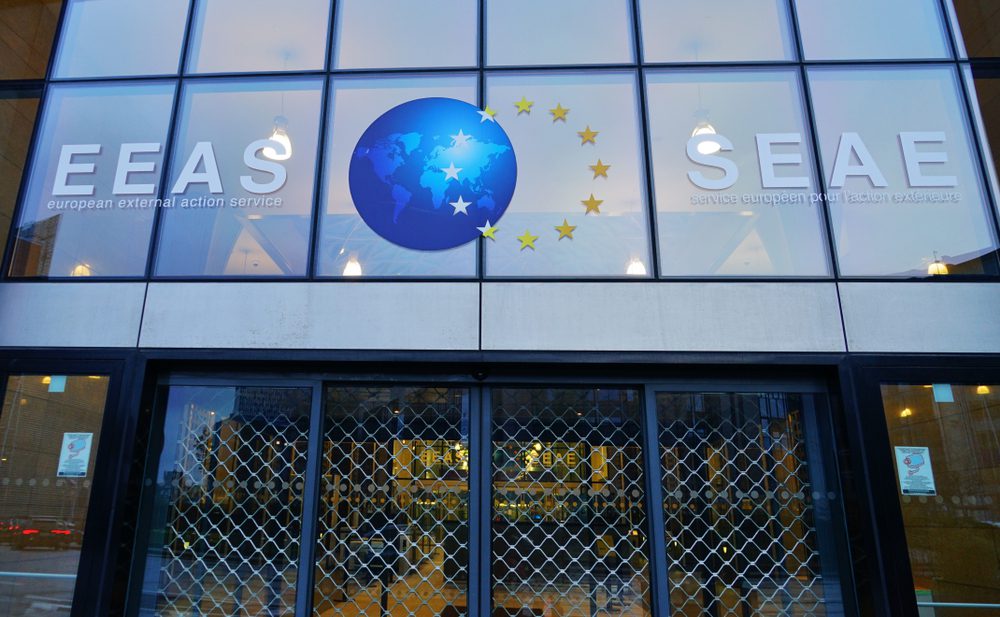
EU officials triggered international intrigue this week when they confirmed that a 33-year-old Swedish EU diplomat had been detained in Iran on grounds of espionage, a fact only revealed more than 500 days following his arrest.
Brussels accused the Iranian government of hostage diplomacy as EU foreign policy chief Josep Borell verified rumours that the Swedish-born diplomat, Johan Floderus, had been held in a Tehranian prison since April 2022, after vacationing in the country.
An employee with the EU’s foreign policy branch, the European External Action Service (EEAS), Floderus had been on holiday in Iran with several friends when he was detained. He had visited Iran previously as part of his diplomatic duties, according to the The New York Times report published on Monday.
According to the report, Floderus only joined the EEAS in 2021, having previously been an aide to Migration Commissioner Ylva Johansson, and had diplomatic duties in Iran relating to EU aid and liaising with European businesses. In an interview with Swedish media, Johansson said that the Iranian government was seeking the release of a jailed official, Hamid Nouri, who is currently held in Sweden for his role in the murder of political dissidents in the 1980s, in exchange for Floderus’ release.
Perpetually at odds with the West over its foreign policy in Ukraine and the Middle East, the Iranian government has a practice of detaining European diplomats and officials on “espionage charges.” The Iranians treated Belgian aid worker Olivier Vandecasteele similarly, only releasing him in May in exchange for an Iranian terrorist during a prisoner swap in Oman.
This is quite an exchange between the NYT reporter and the EU spokesman today on #Iran hostage Johan Floderus. Many former hostages & their families counsel publicity over cases. This is just a symptom of a broader problem: EU needs a new #Iran policy. pic.twitter.com/MY6i9hJLiM
— Jason Brodsky (@JasonMBrodsky) September 5, 2023
Iran has been under pressure diplomatically from the West for its material support of the Russian army, in the form of its kamikaze drones, and for domestic unrest caused by the murder of the activist Mahsa Amini, who violated theocratic modesty laws last year. The news of Floderus’s arrest comes as the EU prepares to potentially take a more critical line against the Iranian nuclear programme.
The EU has been gradually beefing up sanctions against Iran throughout the year as Iran takes a vocal stance against ongoing Quran-burning protests in Sweden, complicating Stockholm’s NATO bid and putting it at loggerheads with the Islamic world.
In a statement to The European Conservative, EU officials admitted that they had kept Floderus’s imprisonment quiet due to requests from his family. They described having to be limited in statements due to concerns for the diplomat’s personal welfare.
Despite this, MEPs have raised questions about the extent to which the EU foreign policy service has kept the detention under wraps and for what reasons.
We have some questions regarding the hostage taking case of Johan #Floderus – together with @ErnstCornelia @bgroothuis and Dietmar Köster, we sent them to @eu_eeas pic.twitter.com/OpRnlQQmpu
— Hannah Neumann 💙 (@HNeumannMEP) September 6, 2023
The Iranian permanent representation to the EU did not respond to requests for comment regarding the matter.
